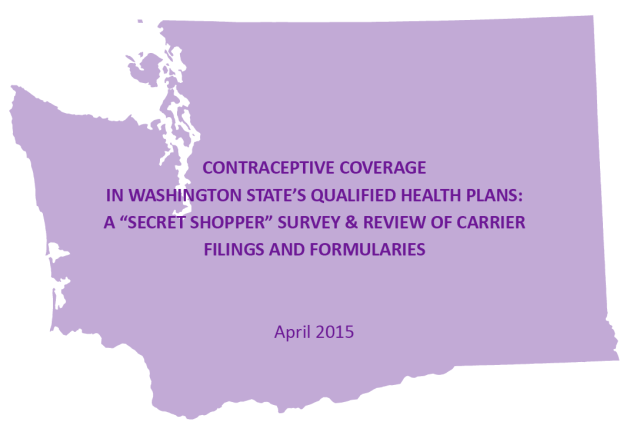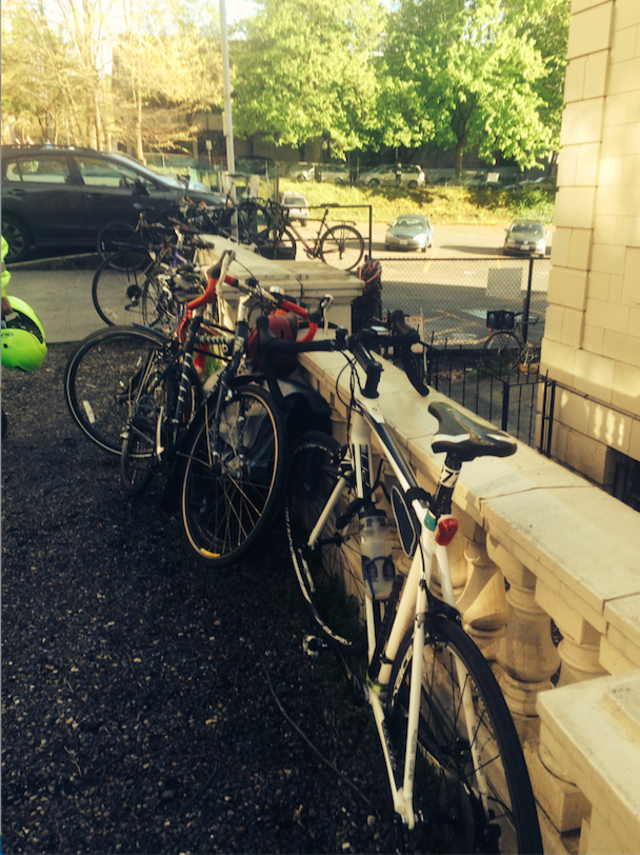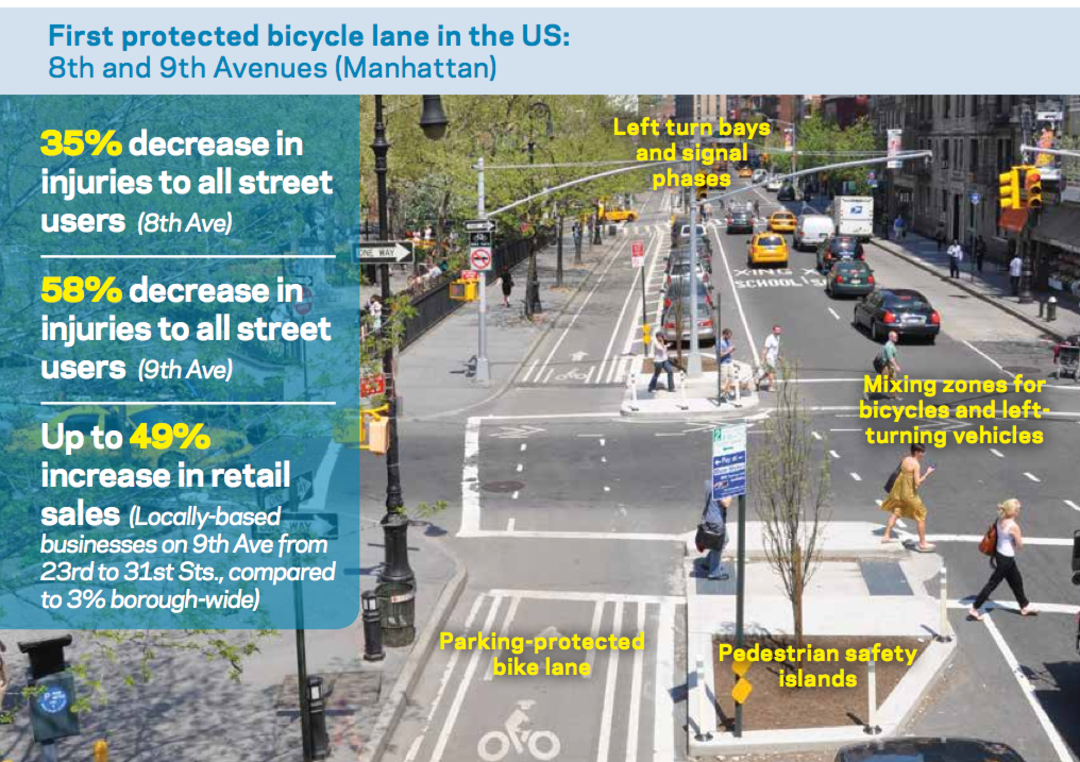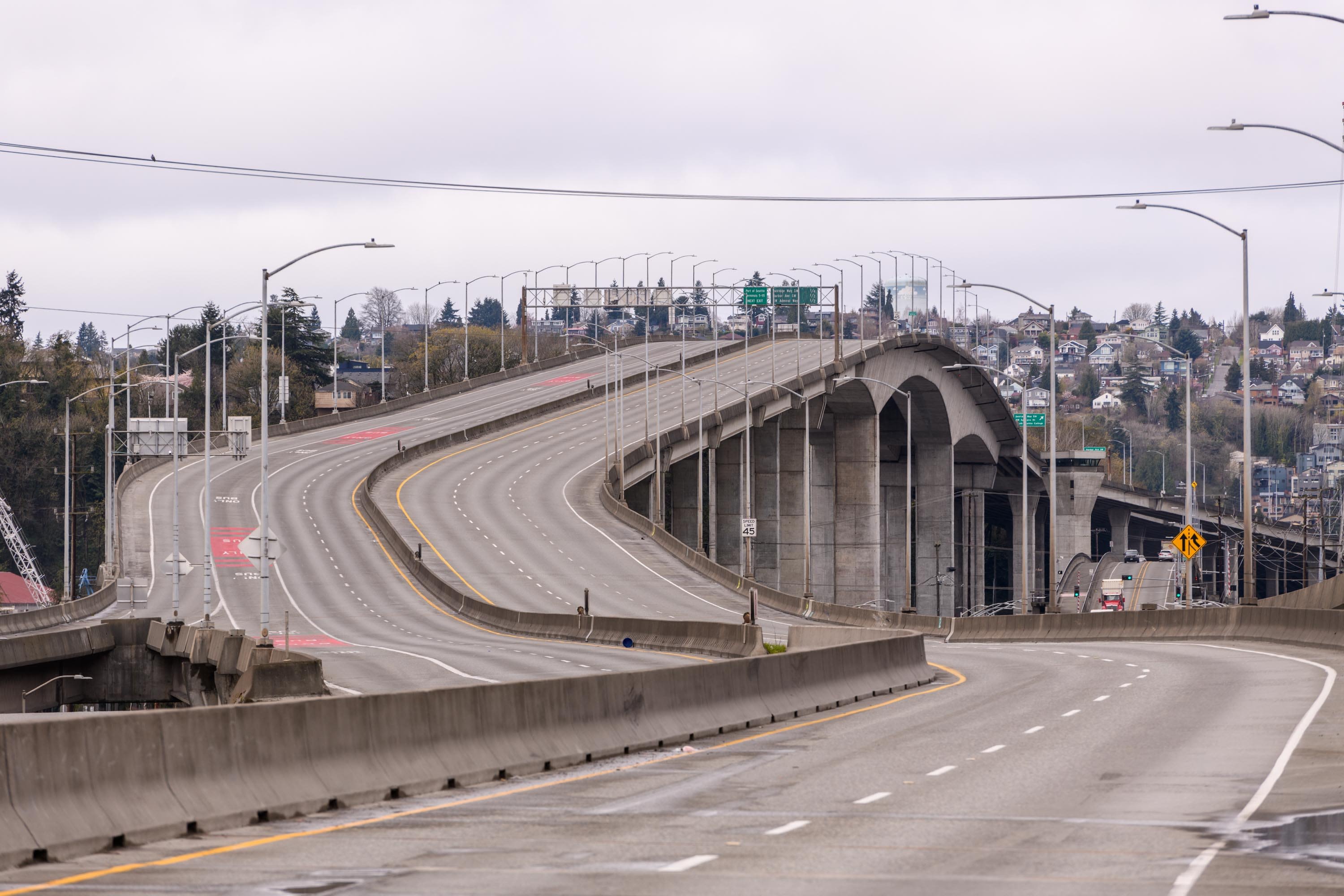Pro-Choice Groups Sting Insurance Providers Over ACA Rules

Caffeinated News
1. A study produced by two women's advocacy groups, Northwest Health Law Advocates (NoHLA) and NARAL Pro-Choice Washington (NARAL), reveals that several Washington state health insurance providers are ducking the Affordable Care Act; specifically the requirement mandating that all insurance companies provide FDA-approved birth control without copays or coinsurance.
“Secret shoppers” from the two groups called eight health insurance providers—companies who sold health plans on the Washington Health Plan Finder during 2014—and asked about coverage of different FDA-approved contraceptive methods such as emergency birth control and injections. Were they available? Were there copays? Were there any restrictions, such as a limited number of times a customer could get a prescription covered before having to pay up?
The results were damning. All eight companies provided misleading and inaccurate information, the report says. Some company customer service or sales representatives didn’t know about the ACA requirement while others maintained that copays and cost-sharing payments were necessary.
In addition, the study found that some publicly available and official company formularies (a tier system ranking company coverage of prescription drugs) inaccurately listed FDA-approved methods on tiers associated with copays and coinsurance—or didn’t even list some methods such as subdermal implants and intrauterine devices [IUDs].

The study’s findings run in direct conflict with not only the ACA mandate, but also with the eight companies’ official filings with the State Office of the Insurance Commissioner, all of which say they cover all FDA-approved contraceptive methods to customers free of charge.
Last month, on March 18—in advance of releasing the report—the advocacy groups met with Washington insurance commissioner Mike Kreidler and reps from the delinquent companies to address the problems, demanding company responses to the findings.
The study publishes the companies' responses, which focused on about providing better ACA training for company customer service and sales reps, informational materials for customers on contraceptive benefits, and self-assessments.
Word is Kreidler is going to release a statement. And we have calls out to several of the sample companies, which include: BridgeSpan, Kaiser Permanente, Molina, Group Health, Premera Blue Cross, Community Health Plan of Washington, and Lifewise Health Plan of Washington.
UPDATE: Kreidler issued the following statement this morning:
“I was deeply concerned by the results of this survey and am grateful that NoHLA and NARAL brought it to my attention. Women have the right to contraceptive coverage and I expect their health insurers to provide them with accurate information.”

2. I'm not sure when department of transportation (DOT) directors became touring attractions on par with popular authors (or cult rock and rollers), but former NYCDOT director Janette Sadik-Khan, who oversaw the 2007–13 urban planning revolution in this country, drew a fanboy following on par with Lena Dunham last night. She packed the house at Town Hall (with an overflow pile up of bikes locked along the railing outside) as part of SDOT's speaker series (another odd phenomenon.)
Sadik-Khan talked about "traffic violence," "the idea that our streets could be more than parking lots," "moving from anecdotes to data analysis" (NYC stats show that redoing streets for multimodal uses has worked, indisputably), and said "cars don't shop at stores, people do."
But her best soundbite came as she deconstructed the car-centric social engineering revolution of the last century. "The car industry spent the 20th Century convincing us we had a love affair with the automobile," she said, "but I think it was really an arranged marriage."
She was joined on stage by mayor Ed Murray and Seattle DOT director Scott Kubly for a discussion about how Seattle could pull off a similar urban upgrade with Kubly noting the planned Roosevelt protected bike lane. He also hyped the current protected lanes (such as the Second Avenue lane downtown) and said the "secret" about bike lanes is that pedestrians actually get the most benefits from them because they shorten the distance for crossing the street.
Murray made repeated allusions to discussions he's had with immigrant East African communities who aren't as keen on the biking revolution and said the city's multimodal upgrade had to be more inclusive.
He and Kubly and Sadik-Khan also gave an inexplicable number of shout outs to council member Sally Bagshaw (Murray also gave one to Mike O'Brien) for her transit advocacy.
As a tunnel supporter and as the neighborhood committee chair who tabled the Cheasty bike trail money for now, Bagshaw's not the council member who leaps to mind as one who's helping upend the status quo.





